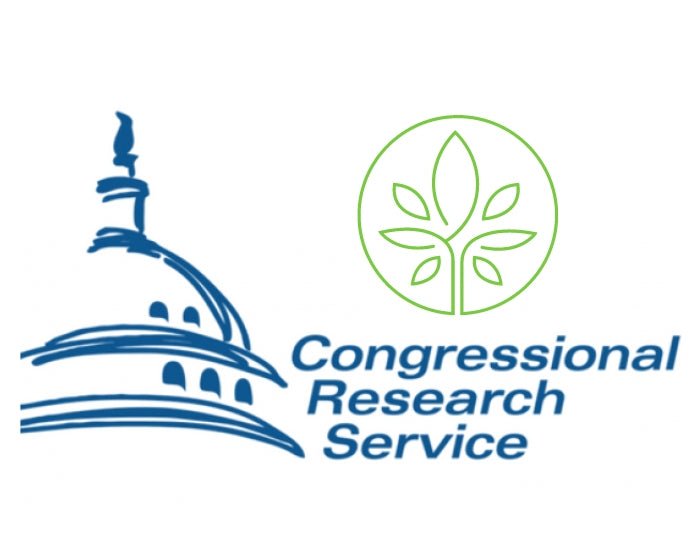The city of Duluth passed an ordinance this week making it illegal to smoke cannabis in all city parks.

The somewhat passive-aggressive fallout regarding the new cannabis legalization statute going into effect has already begun in Minnesota. Less than a month since the state law legalizing the cultivation, possession, and consumption of marijuana products went into effect, one prominent municipality has decided to push back.
As first reported by Minnesota Public Radio (MPR), officials in Duluth, MN, approved an ordinance this week that bans marijuana smoking in all public parks throughout the city, including the popular Lakewalk pedestrian path along Lake Superior, Bayfront Festival Park, and Spirit Mountain.
Approved by the Duluth City Council this past Monday by an 8-1 vote, the new law also prohibits vaping cannabis and extends the ban on smoking tobacco to all city parks. The consumption of marijuana via other forms, such as gummies and other edibles, is still permissible.
Along with Duluth, several Minnesota municipalities are considering bans on smoking cannabis in parks and other public places, including Lakeville and Alexandria. The new law legalizing adult-use cannabis, which went into effect on August 1, allows for smoking in private residences but leaves it up to cities to determine whether or not to prohibit it in public areas.
In an interview with MPR, Duluth City Council Vice President Roz Randorf said, "I want to protect clean air for folks in our public spaces and our parks. When you're smoking in public and in parks and in buildings, we really have to think of those folks that are around us that could have health conditions, pre-existing conditions, our youth."
"I want to protect clean air for folks in our public spaces and our parks. When you're smoking in public and in parks and in buildings, we really have to think of those folks that are around us that could have health conditions, pre-existing conditions, our youth."
- Duluth City Council Vice President Roz Randorf
However, not all members of the City Council agree on the necessity and potential fairness of the new ban. Azrin Awal cast the lone “no” vote on Monday. Her primary opposition to the ordinance concerns taking away the rights of citizens. In particular, those individuals living in multifamily housing units where smoking is prohibited.
"We've heard constituents (say) that they're worried about smoking taking place (on) sidewalks. But if they're not able to go into a public facility, if they can't smoke in their multifamily or public building, and they can't go into a public park, what's left is our sidewalks and streets ... where there's more traffic," she said at Monday's meeting.
"We've heard constituents (say) that they're worried about smoking taking place (on) sidewalks. But if they're not able to go into a public facility, if they can't smoke in their multifamily or public building, and they can't go into a public park, what's left is our sidewalks and streets ... where there's more traffic."
- Duluth City Council Member Azrin Awal
The City Council was also considering an amendment to reduce the maximum fine of $300 for violating the ban but ultimately decided to table it for a future meeting. However, they appear close to agreement on a new fee structure.
Despite the new ordinance and the potential of similar ones in other cities, proponents of the new legalization reform remain enthusiastic and undaunted. From the beginning, Governor Tim Walz (D) and his office have steadfastly supported the new law and the positive impact he believes it will ultimately have on the state's treasury coffers and those victimized by the social, economic, and cultural catastrophe of prohibition.
Following the ceremony where Walz signed the legislation into law this past May, he said, "We've known for too long that prohibiting the use of cannabis hasn't worked. By legalizing adult-use cannabis, we're expanding our economy, creating jobs, and regulating the industry to keep Minnesotans safe. Legalizing adult-use cannabis and expunging or resentencing cannabis convictions will strengthen communities. This is the right move for Minnesota."
"We've known for too long that prohibiting the use of cannabis hasn't worked. By legalizing adult-use cannabis, we're expanding our economy, creating jobs, and regulating the industry to keep Minnesotans safe. Legalizing adult-use cannabis and expunging or resentencing cannabis convictions will strengthen communities. This is the right move for Minnesota."
- Minnesota Governor Tim Walz (D)
Much of the hope and expectation surrounding the new statute centers on the massive financial value the new cannabis industry could add to the state. According to a recent market analysis by one of the country's leading cannabis law firms, Minnesota's legal marijuana industry could generate over $1.5 billion per year in sales by 2029 and serve more than 700,000 customers annually.
A significant portion of that revenue is expected to come from neighboring states that currently do not have legalized recreational cannabis sales. Brian Vicente, founding partner of Vicente LLP, which conducted the market survey, echoes that sentiment: "Minnesota stands to attract a significant amount of tourist traffic from neighboring states like Iowa and North Dakota, as consumers venture to purchase Minnesota's cannabis products."
"Minnesota stands to attract a significant amount of tourist traffic from neighboring states like Iowa and North Dakota, as consumers venture to purchase Minnesota's cannabis products."
- Brian Vicente, Founding Partner at Vicente LLP
It's doubtful that ordinances like the one approved by the Duluth City Council will have a tangible effect on the amount of cannabis sold or smoked by community members. Concern for the health and safety of citizens is one of the main jobs entrusted to city leaders and officials.
So, if banning marijuana smoking from public parks can help keep people healthier, then enacting such provisions may provide value. However, trying to use laws to inhibit the enforcement of others is just petty politics and an overall unproductive exercise of local power.






































